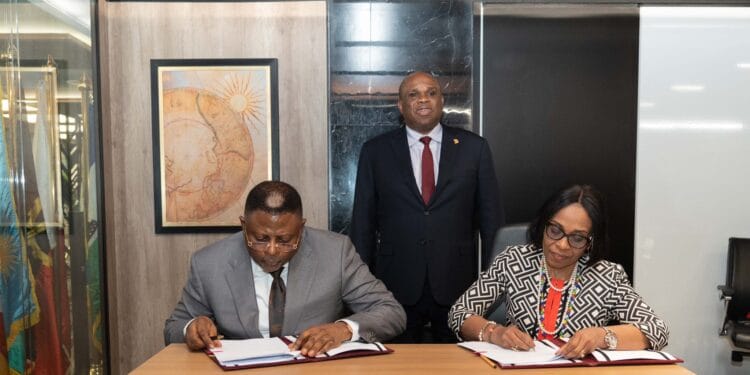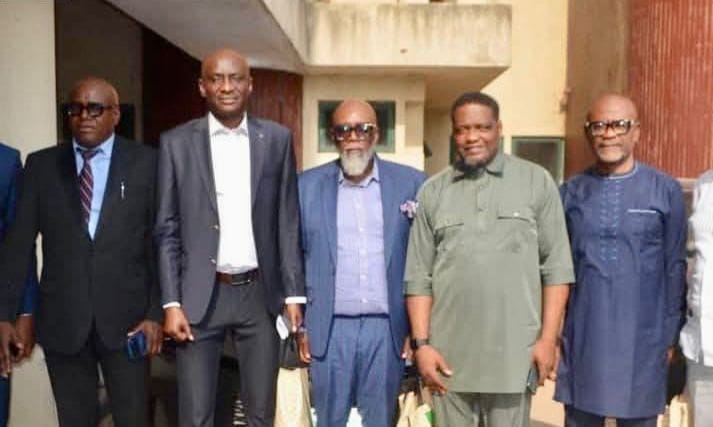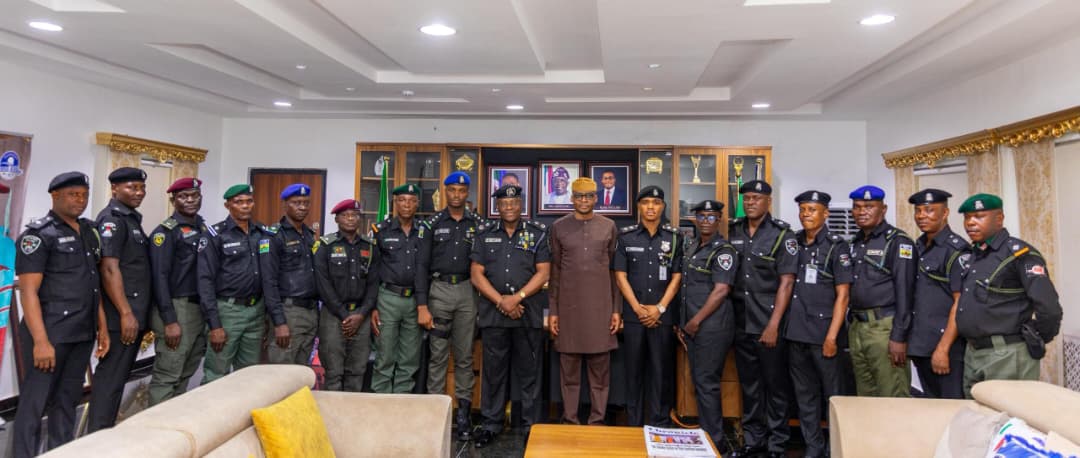The Cross River State Government has secured $3.5 billion in funding from Afreximbank in Cairo for the Bakassi Deep Seaport Project.
Governor Bassey Edet Otu announced this development via his official X (formerly Twitter) handle on Tuesday.
According to Governor Otu, the collaboration between the state government and Afreximbank will foster economic growth and development in the state.
“Exciting news! Secured $3.5bn Afreximbank funding for Bakassi Deep Seaport in Cross River State, boosting key infrastructure projects. Our collaboration with Afreximbank in Cairo is a game-changer for economic growth and development in the state,” Gov. Otu’s tweet read.
What you should know
The Bakassi Deep Seaport project, envisioned in 2014, began with conceptual studies that led to the development of the terms of reference for the project’s Environmental and Social Impact Assessment (ESIA) by March 2015.
Subsequent milestones included obtaining presidential clearance in accordance with Infrastructure Concession Regulatory Commission (ICRC) and the Federal Ministry of Transportation guidelines, approval of the Production Sharing Contract (PSC) by the Ministry, and the inauguration of the PSC.
Despite previous assurances from former Governor Ben Ayade, the project did not advance during his tenure, with the failure to secure funding a major challenge.
A comprehensive report by the last administration’s Chief Economic Adviser revealed that the seaport is planned to be 16.0 meters deep, supported by an extensive free trade zone.
It aims to establish the eastern maritime gateway of Nigeria, boost national and regional economies, and enhance the adjacent free trade zone and Bakassi Industrial City.
The seaport is also intended to handle containers, store and import petroleum products and vehicles, while serving as a logistical base for the regional oil & gas sector. It is also meant to act as a trading hub for West Africa. It is expected to increase import capacity for essential food and agricultural products and enhance export capacity for industrial outputs and natural resources.
The proposed port’s operational structure is strategically designed to maximize private sector involvement while ensuring that the Nigerian Ports Authority (NPA) retains overall ownership. Initially, NPA is to outsource terminal operations via concession agreements for specialized management.
Following this, it will outsource construction and maintenance, compensating contractors through availability of payments to ensure continuous facility upkeep. The NPA will then collaborate with a port management company that includes both public and private shareholders to oversee development and potentially issue sub-concessions, thus improving efficiency with combined oversight.
Ultimately, a private consortium is granted full control over the development, operation, and eventual transfer of the project, utilizing private expertise and financing to minimize public investment risks.
With Governor Otu securing $3.5 billion from Afreximbank, the Bakassi Deep Seaport’s potential could be realized if construction proceeds as planned, finally bringing to fruition the extensive planning and strategic investments, financial experts say.
Caleb Obiowo, Nairametrics









